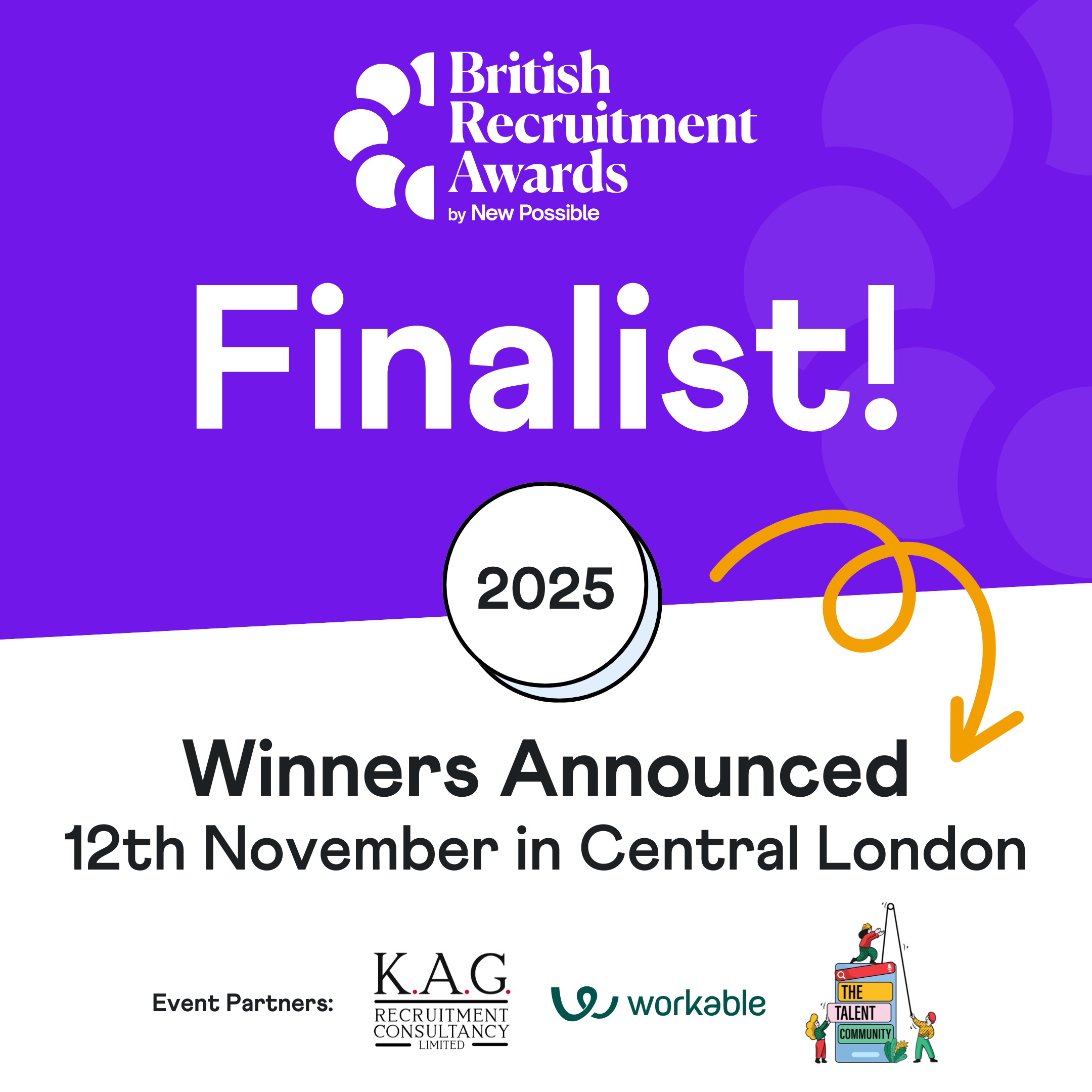Productivity in Hospitality

6 Ways to Improve Productivity in Hospitality
Key Takeaways
-
Clear communication can boost hospitality productivity by up to 25%.
-
Planning staffing levels prevents overwork or demotivation.
-
Training empowers staff to solve problems independently.
-
Encouraging breaks prevents burnout and improves motivation.
-
Recognition and feedback help keep teams engaged and productive.
Why Productivity Matters in Hospitality
Productivity is one of the most important ingredients in a successful hospitality business. The face-to-face nature of the work and the variety of tasks make efficiency challenging. However, applying the right strategies can help teams stay motivated and businesses remain profitable.
Here are six ways to improve productivity in your hospitality workplace.
1. Communication is Key
Poor communication is one of the fastest ways to reduce productivity. A report found that effective communication can improve productivity by as much as 25%.
Hospitality workplaces often operate with different shifts and irregular hours, so communication tools are vital. Consider using WhatsApp groups or messaging apps for instant updates, and schedule regular staff meetings to align everyone.
2. Plan Staffing Levels
Staffing needs fluctuate with seasons and events. Too few staff during busy times causes burnout and poor service, while too many during quiet periods reduces motivation.
Plan ahead by reviewing events and seasonal peaks. Recruiting early for busy periods ensures your team is prepared without being stretched.
3. Train Staff to Solve Problems
Training empowers staff to handle issues independently. For example, teaching team members to change a till roll or suggest menu alternatives reduces downtime.
Strong training programmes also improve retention and profit margins. A study found companies with comprehensive training achieved 24% higher profit margins. Focus training on technical troubleshooting, communication, and handling customer complaints.
4. Encourage Breaks and Rest
Overworked staff are less productive and more likely to take sick leave. Encourage breaks and ensure employees use their holiday allowance. Staff who are rested and supported are more motivated, engaged, and productive.
5. Reward Employee Performance
Recognition is strongly linked to productivity. Employees who feel appreciated work harder and stay longer. Rewards don’t have to be expensive—a thank-you card, voucher, or small bonus can go a long way. Team outings or public recognition also build morale.
6. Ask for Feedback
Your staff know where productivity can improve. Encourage them to share ideas by using suggestion boxes, feedback forms, or open discussions. Listening to employees increases engagement and ensures they feel valued.
FAQs
Why is productivity important in hospitality?
It drives efficiency, improves customer satisfaction, and boosts profitability.
How can employers keep staff motivated?
By offering training, recognition, fair scheduling, and opportunities for feedback.
What role does staffing play in productivity?
The right staffing levels prevent overwork, improve service, and reduce turnover.
Can recruitment agencies help with productivity?
Yes. By providing reliable, skilled staff, agencies reduce pressure on your existing team.
Work with KSB Recruitment
At KSB Recruitment, we have been supporting hospitality businesses for over 30 years. We provide skilled staff and recruitment strategies to reduce turnover and improve productivity.
📍 Regus Park, Central Boulevard, Blythe Valley Park, Solihull, B90 8AG
📞 0121 828 9840
📧 info@ksbrecruitment.co.uk
🌐 Contact us here
Looking for staff or your next role? Explore our hospitality jobs.


